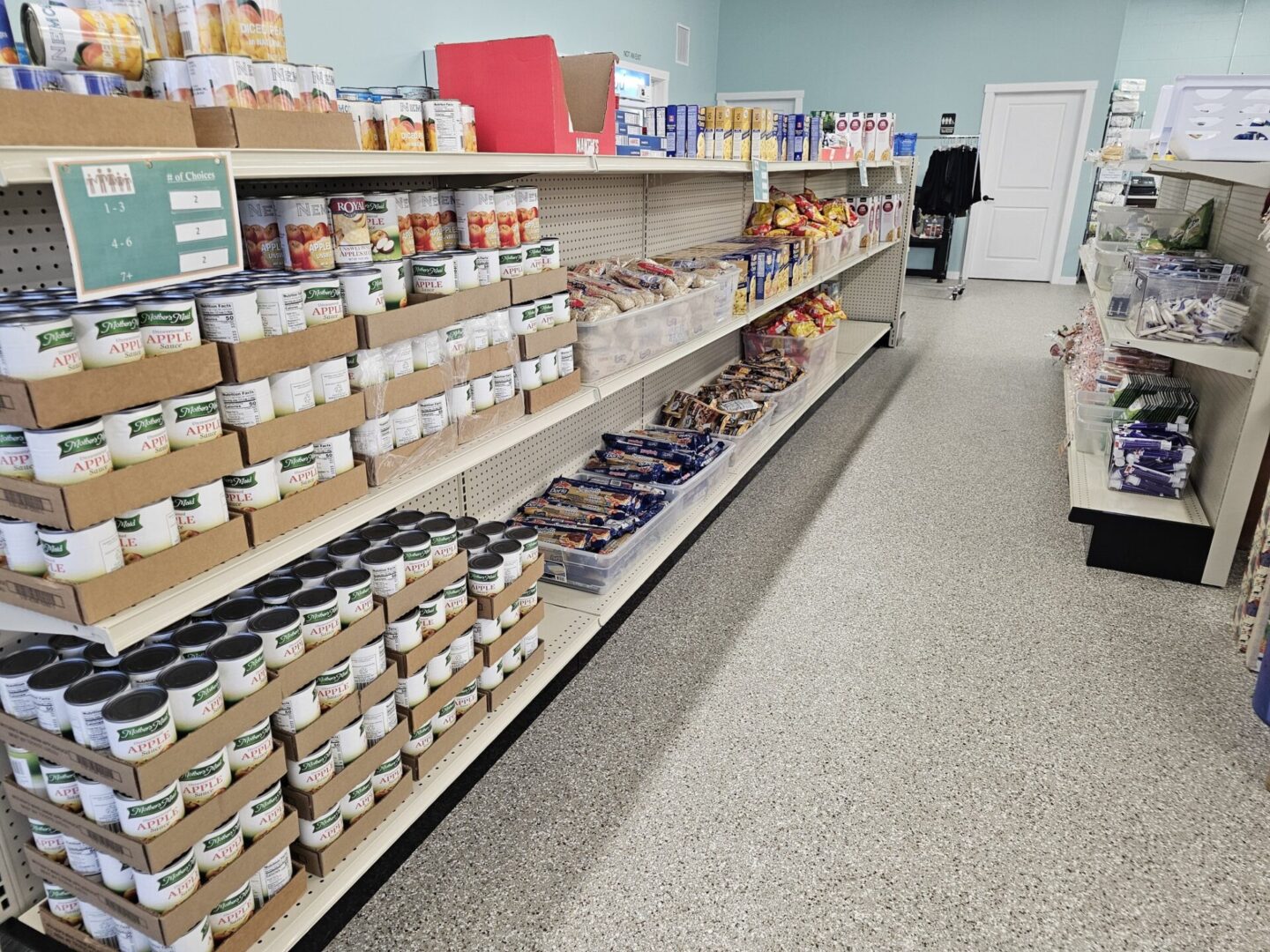Small businesses part of the supply chains of companies regulated by the U.S. Securities and Exchange Commission could find their costs spiking to comply with a new set of proposed rules to catalog emissions.
While the SEC’s rules are intended for publicly traded companies to report their emissions, any suppliers in Illinois and around the country including businesses like small family farms and independent manufacturers would have to fall in line as well.
Chris Davis, Illinois state director for the National Federation of Independent Business, said this would put a huge burden on small businesses.
“They would be burdened with hiring a climate expert potentially, certainly additional professional services, consultants like lawyers and accountants,” he told The Center Square.
Davis said it’s hard to quantify the added costs, but they would be substantial when compared to the annual budgets and revenue of a small business.
“Those costs are significant and would only be added to existing cost burdens from inflation, from fuel costs, from energy costs, from workforce shortages that are burdening all small businesses right now,” Davis said.
The SEC recently closed the period for public comment on their proposal, but not before the regulator received approximately 3,400 letters from various stakeholders including businesses, trade associations, churches and individual citizens, the Wall Street Journal reported. The number was a noteworthy increase over the usual response garnered, the article stated.
The kinds of businesses who could be affected run the gamut from a small family farm who supplies poultry and eggs to a restaurant chain to a sole proprietor trucking firm that delivers for a larger company to a small manufacturer who provides a screw to a larger manufacturing company, Davis said.
He said the costs associated with compliance could definitely cause small businesses to go out of business.
“It could certainly potentially make them uncompetitive with maybe a larger competitor or a larger player in the marketplace,” he said.
How well a small company can absorb the added cost would be a deciding factor, he pointed out.
Removing that component of the rules is the clear answer, according to Davis, but it also provides an opportunity.
“There’s also an opportunity to incentivize those SEC regulated companies to educate their suppliers and providers with best practices,” he said.
***Courtesy of the Illinois Radio Network***















